Search Fellows
Click on a Fellow below to view more information or create your own search.
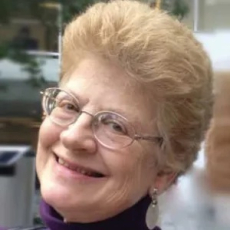
Elizabeth Blackmar
Columbia University
Visiting Scholar
1995 to 1996
Elizabeth Blackmar, associate professor of history at Columbia University, focused on the changing perceptions of and contests over the social character of property in Gilded Age America, especially the legal history of eminent domain, taxation, and nuisance law. She researched the law of property rights with respect to families, slavery, business partnerships and corporations, and benevolent or religious organizations.
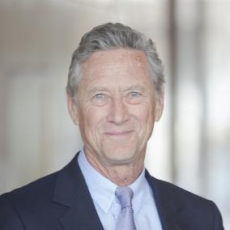
Olivier Blanchard
Massachusetts Institute of Technology
Visiting Scholar
2003 to 2004
Olivier J. Blanchard, chairman of economics at the Massachusetts Institute of Technology, will spend the spring semester at Russell Sage beginning a book on European unemployment. His book will consider micro- and macro- trends, as well as the wide differences in unemployment figures among European countries.
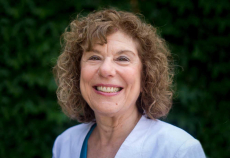
Francine D. Blau
Cornell University
Visiting Scholar
1999 to 2000
Francine D. Blau, professor of industrial and labor relations, and Lawrence M. Kahn, professor of labor economics and collective bargaining, both at Cornell University, will prepare an international study of labor market institutions (such as collective bargaining, unemployment insurance, and family leave) and their impact on labor market outcomes, including unemployment, wage trends, inequality, and women's pay.
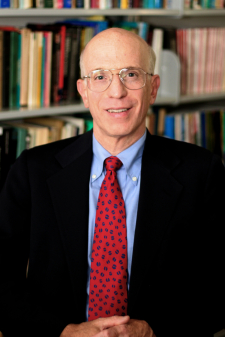
Alan S. Blinder
Princeton University
Visiting Scholar
2011 to 2012
Blinder will write a historical analysis of the 2007-08 financial crisis and the Great Recession. He will examine the origins of the crisis, including the slump in the housing market, the resulting freeze in the credit markets, and the contagion that spread to the entire economy. He will analyze how the crisis progressed and the extent of the damage, from historic unemployment levels to cascading bank failures. Blinder will conclude by assessing policy responses to the crisis, such as the fiscal stimulus bill, as well as the crisis’ longer term economic legacy.
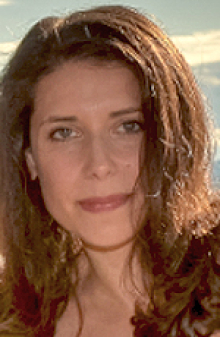
Deirdre Bloome
University of Michigan
Visiting Scholar
2017 to 2018
Bloome will study the effects of rising inequality in the U.S. on intergenerational income persistence, or the extent to which children’s economic outcomes in adulthood resemble those of their parents. Using several panel data sets, she will explore the extent to which factors such as education-related wage disparities, childhood family structure, and public policies shape these intergenerational relationships and develop a model that predicts future economic mobility trends.
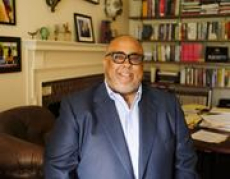
Lawrence D. Bobo
University of California, Los Angeles
Visiting Scholar
1995 to 1996
Lawrence D. Bobo, professor of sociology and Director, Center for Research on Race, Politics, and Society, University of California, Los Angeles, analyzed data from the Los Angeles part of the Multi-City Study of Urban Inequality. He completed several manuscripts, some to appear in the MCSUI Los Angeles volume, that explore such issues as interethnic attitudes, residential segregation, and economic inequality among the multi-ethnic melange that makes up Los Angeles.
Working Papers:
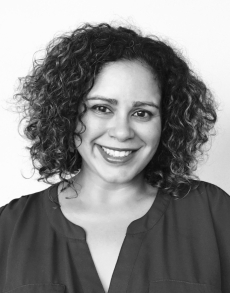
Yarimar Bonilla
Rutgers University
Visiting Scholar
2017 to 2018
Bonilla will explore the Puerto Rican statehood movement in the context of the territory’s current fiscal, economic, and social crisis. Using ethnographic, archival, and survey research, she will examine how Puerto Ricans on both the island and the mainland construct an identity as U.S. nationals. She will also study how they leverage that identity politically, and how they imagine their political future as U.S. citizens
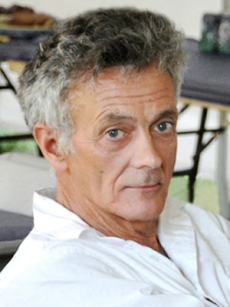
John Bound
University of Michigan
Visiting Scholar
2021 to 2022
Bound and Arline Geronimus will examine how stagnating economic prospects among moderate-income households impact increasing inequities in life expectancy. Their research project will test the weathering hypothesis, which indicates that structurally-rooted stress causes wear and tear on cellular integrity and thus accelerates biological aging, hastens the onset of chronic diseases, increases the incidence of disability, and causes excess death in affected individuals and communities.
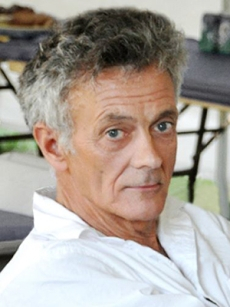
John Bound
University of Michigan
Visiting Scholar
1995 to 1996
John Bound, associate professor of economics, and associate research scientist at The Population Studies Center, University of Michigan, used census data to explore shifts in the demand for labor in various metropolitan regions and their effect on the earnings of various demographic groups, especially less-educated males. He found considerable geographic variation in labor demand and a general reluctance of the less educated to follow these shifts, which contributed to the deterioration of their earnings.
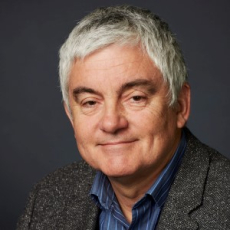
Bruce Bradbury
University of New South Wales
Visiting Scholar
2013 to 2014
Bradbury along with Miles Corak, Jane Waldfogel, and Elizabeth Washbrook will build upon a current RSF-funded comparative project on educational inequality. This working group will write a book on child development and public policies in four countries. They will analyze differences in school achievement among children of different socioeconomic status in Australia, Canada, the United Kingdom, and the United States.
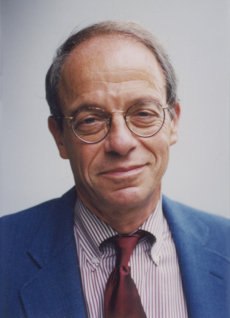
Steven J. Brams
New York University
Visiting Scholar
1998 to 1999
Steven J. Brams, professor in the department of politics at New York University, will study "fallback bargaining" as a facilitator of compromise in negotiations. In contrast to the give-and-take of traditional negotiations, parties in fallback bargaining retreat to successively less preferred positions until they agree on a middling outcome.
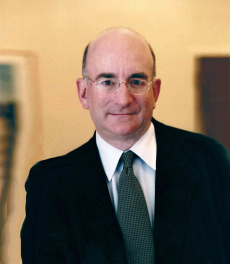
Alan Brinkley
Columbia University
Visiting Scholar
1996 to 1997
Alan Brinkley, professor of history at Columbia University, conducted research for a major biography of Henry Luce of Time Inc., whose magazines, especially Time and Life, helped shape a dramatic transformation in the character of the American middle-class life and culture. He also completed a collection of his essays on the history of liberalism in the middle and late twentieth century, which is to be published by Harvard University Press.
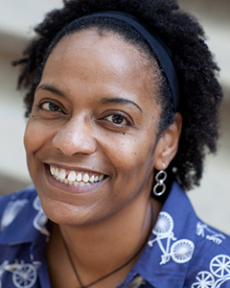
Tonya Brito
University of Wisconsin
Visiting Scholar
2018 to 2019
Brito will explore the challenges faced by low-income defendants who owe unpaid child support and cannot afford attorney representation within the family court system. She will use interviews, court records, and ethnographic observations of child support enforcement hearings to compare the legal outcomes of parents who owe child support in two states: Wisconsin, which provides full attorney representation to defendants, and Illinois, which provides only limited legal assistance, such as informational websites and hotlines.
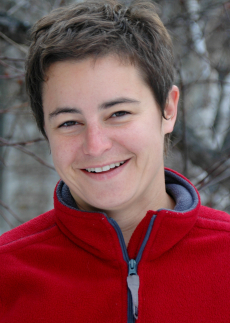
Leah Brooks
University of Toronto
Visiting Scholar
2009 to 2010
Leah Brooks, assistant professor of economics at the University of Toronto, will collaborate with Justin Phillips, assistant professor of political science at Columbia University, in a working group examining how neighborhood conditions and community organizations in Chicago, Los Angeles, and Detroit are related to the political processes behind city redistributive policies.
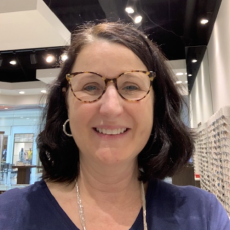
Irene Browne
Emory University
Visiting Scholar
1995 to 1996
Irene Browne, assistant professor of sociology at the Institute for Women's Studies, Emory University, co-authored a chapter on "Social Isolation and Atlanta's African-American Poor" for the Atlanta volume of the Multi-City Study of Urban Inequality. She examined the growing joblessness and earnings gap experienced by African American and Hispanic women, convening an authors' conference for a book she is editing on this topic.
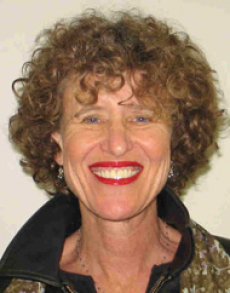
Carole H. Browner
University of California, Los Angeles
Visiting Scholar
1998 to 1999
Carole H. Browner, professor-in-residence in the departments of psychiatry and anthropology at the University of California, Los Angeles, is preparing a monograph on the social implications of fetal diagnostic technologies. Drawing on a decade of interviews and clinical observations, Browner will focus on the relative underusage of pre-natal procedures by recent immigrant and ethnic minority women. She will explore how cultural attitudes, the input of male partners, and the clinical counseling process itself affect these women's decisions to undergo testing.
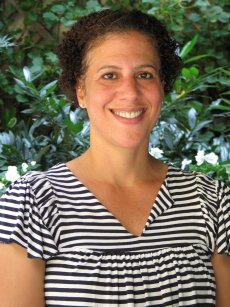
Tamara Buckley
Hunter College, City University of New York
Visiting Scholar
2007 to 2008
Tamara Buckley, Assistant Professor, Educational Foundations and Counseling Programs, at Hunter College, and Erica Gabrielle Foldy, Assistant Professor of Public and Nonprofit Management at the Wagner School of Public Service, New York University, form a working group that will bring the insights of both psychology and management to bear on fostering learning and effectiveness in culturally diverse teams. They theorize that acknowledging and engaging cultural differences facilitates team learning better than a “color-blind” approach.
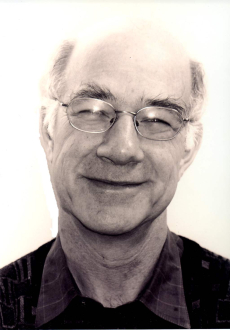
Michael Burawoy
University of California, Berkeley
Visiting Scholar
2002 to 2003
Michael Burawoy, professor of sociology at the University of California, Berkeley, will write a book placing Russia's post-Communist transition to a free-market economy in the context of other market transitions in places such as China and Central Europe. Burawoy will argue that Russia's cultural aversion to capitalist development should not be regarded as an anomaly but rather incorporated as a comparative case.
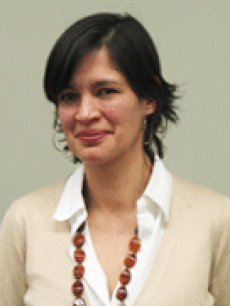
Natasha J. Cabrera
University of Maryland
Visiting Scholar
2015 to 2016
In collaboration with Ronald B. Mincy, Cabrera will examine the connections between low-income fathers’ earnings and financial support and their children’s cognitive and behavioral outcomes. Using several waves of data from the Fragile Families Study, Cabrera and Mincy will explore how the associations between fathers’ earnings and children’s skills are affected by factors such as race, maternal stress, parental engagement, and child care quality.
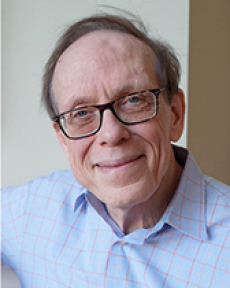
Charles Camic
University of Wisconsin, Madison
Visiting Scholar
2004 to 2005
Charles Camic, Martindale-Bascom Professor of Sociology at the University of Wisconsin, Madison, will profile the early academic life of economist Thorstein Veblen, one of America’s most innovative social theorists, in order to understand the social processes by which novel ideas emerge and develop. He will examine the culture and intellectual orientation of the institutions where Veblen studied and taught as a young man.
